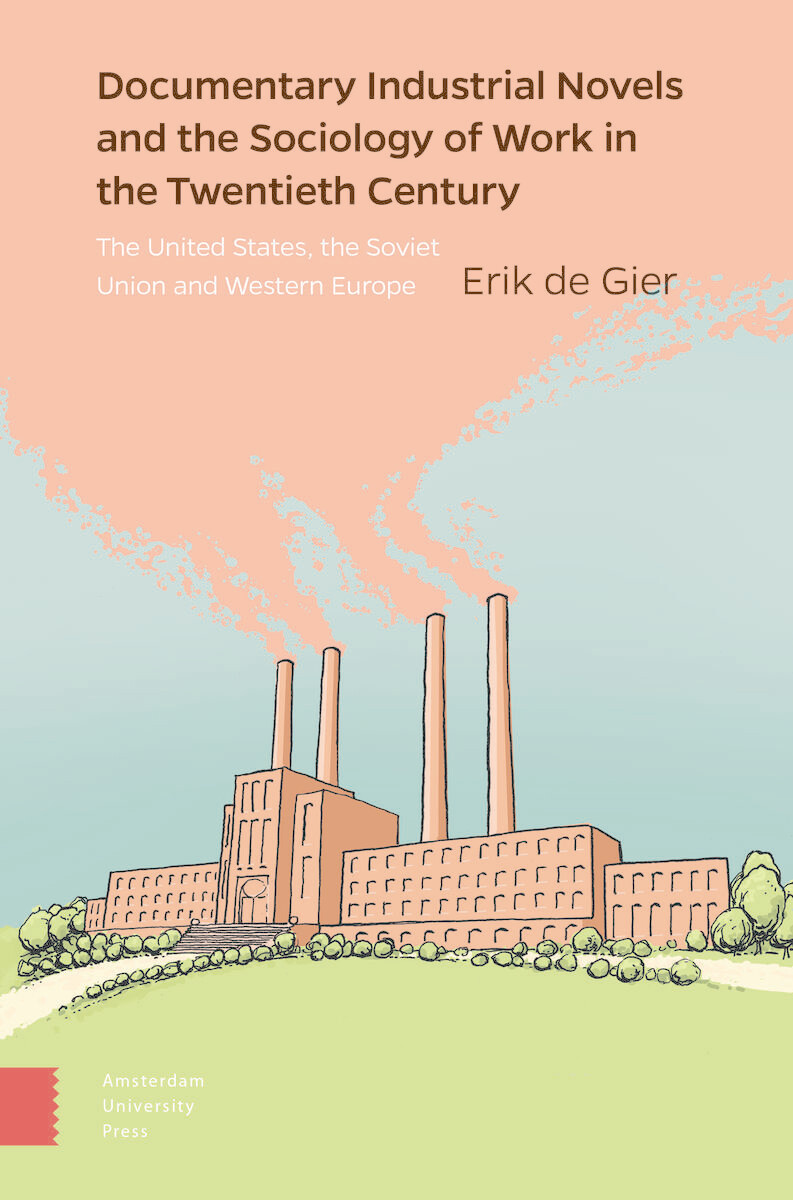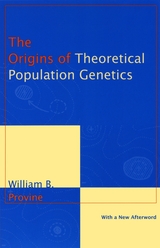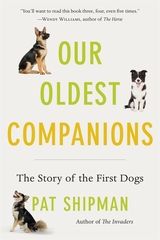Documentary Industrial Novels and the Sociology of Work in the Twentieth Century: The United States, the Soviet Union and Western Europe
Amsterdam University Press, 2023
Cloth: 978-94-6372-194-3 | eISBN: 978-90-485-5239-9
See other books on: de Gier, Erik | Social | Social History | Twentieth Century | Work
See other titles from Amsterdam University Press
Cloth: 978-94-6372-194-3 | eISBN: 978-90-485-5239-9
ABOUT THIS BOOK | AUTHOR BIOGRAPHY | TOC
ABOUT THIS BOOK
In several European countries, the United States, and the Soviet Union, remarkable industrial novels based on empirical observations were written between 1900 and 1970. With two successive world wars and the rise of communism and fascism, this was an exceptionally turbulent time in the history of industrial capitalism as Taylorism and Fordism sought to increase production and consumption. This social landscape shaped modernist industrial novels. Key themes in these novels were class conflict, bad working conditions, worker alienation, changing workmen and employee cultures, urbanization, and worker migration. The primary goal was to document and publicize the real developments of working conditions in factories and offices, often aiming to influence both company welfare work and state social policies. This book focuses on the modernist industrial novel as written in five large industrial nations: the United States before WWII, the Stalinist Soviet Union, Weimar Germany, post-WWII Italy, and France.
See other books on: de Gier, Erik | Social | Social History | Twentieth Century | Work
See other titles from Amsterdam University Press












